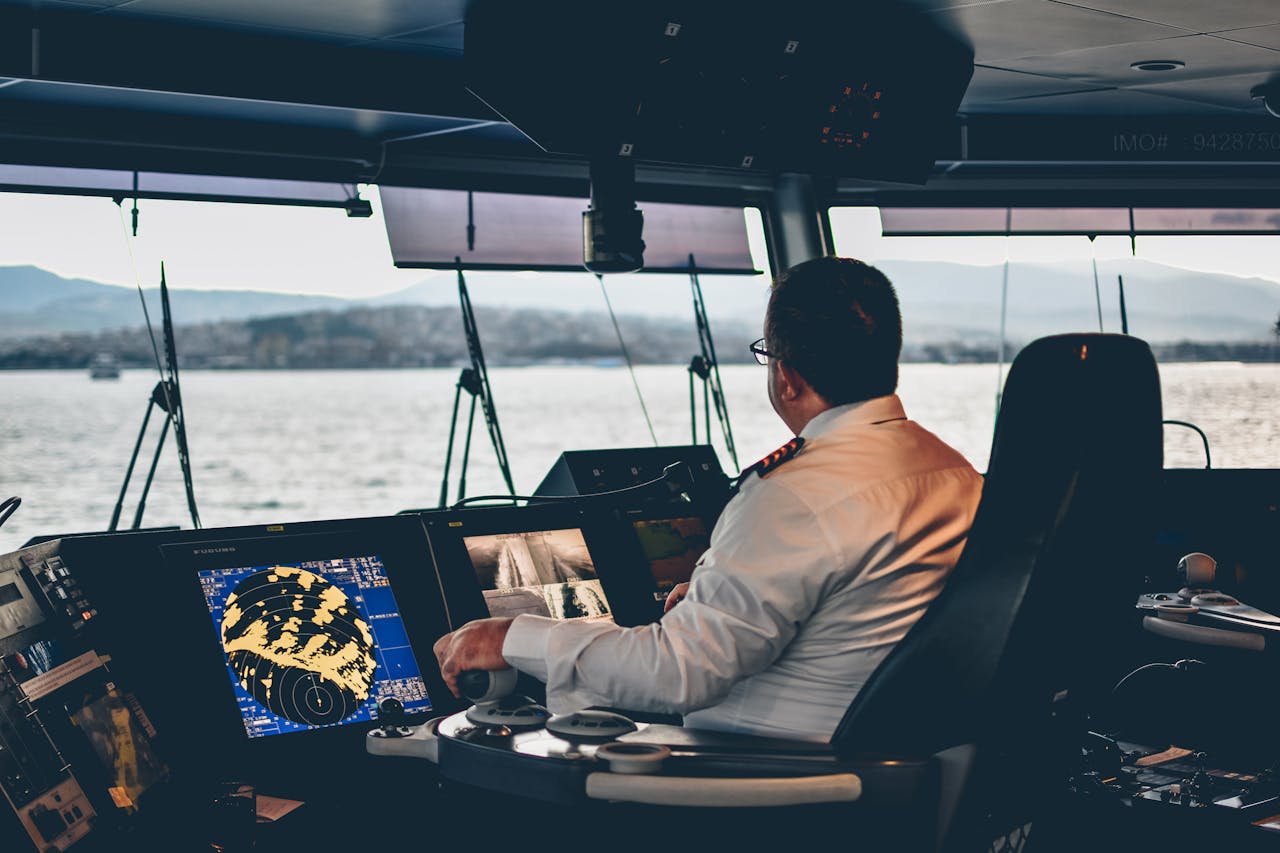
Adventure does not always begin in the air or on land; it frequently begins where the sea extends beyond the horizon and the wind carries more than just stories. A marine career is a dedication to a lifestyle that moves with the tide, challenges your expertise, and rewards endurance; it is not only a job. In a society based on traditional professional paths, the maritime sector presents an unusual road paved by accuracy, discipline, and an unquestionable relationship with the wide sea. If you have ever been drawn to the idea of working beyond the shore, the ocean might just be calling.
Navigating the Demands of Life at Sea Requires Mental and Physical Endurance
A maritime career requires physical strength, mental clarity, and emotional resilience—qualities more than your technical knowledge tests. Living on a ship brings long stretches away from land, erratic timetables, and conditions that change without warning. You are expected to be effective in small areas, handle difficult conditions, and support a tight-knit team. Unlike most nine-to-five jobs, working at sea usually requires constant awareness. Your fit for this line of work is shown by your willingness to bear solitude, work despite tiredness, and stay concentrated under duress. This is a job that honors people who challenge comfort zones and embrace unpredictability with resolve.
Technical Aptitude Is Essential in an Industry Fuelled by Complex Systems
Modern boats are run by a complex mix of mechanical machinery, navigation instruments, and electrical communication networks, needing precise operation. From engine diagnostics to chart plotting, you must confidently understand and use complicated tools. Efficiency and safety in this area rely on your capacity to evaluate technological performance, interpret data, and execute corrections swiftly. In engineering jobs, for example, understanding complex marine propulsion systems becomes essential since they affect a vessel’s mobility, fuel economy, and dependability over long distances. Your professional success will rely on your ability to interact with developing maritime technologies and include them in the seamless flow of operations onboard.
Adaptability and Discipline Shape Every Role, from Deckhand to Officer
In the maritime industry, rank does not exempt someone from responsibility. Whether your senior officer is handling logistics or swabbing the deck, every job requires flexibility and rigorous discipline. Not personal inclination, operational needs, weather, and global shipping demands define routines; rather, they drive them. Every task is carried out with intention; orders are obeyed right away; equipment is kept meticulously. You are supposed to operate inside a system where clear communication, duty rotation without question, and calm handling of crises define your work. Those who can match structure, react quickly to new difficulties, and keep professional integrity in all circumstances will find rewards in the rhythm of maritime life.
A Global Perspective Becomes Second Nature Through Cultural Exposure
When you pursue a career at sea, the entire world becomes your workplace. Ports spread over continents provide a continual rotation of languages, traditions, and social dynamics. From shoreside contacts with different populations to shipmates of many nationalities, this lifestyle shapes a broader perspective on global society. Knowing cultural nuances helps one communicate better on board and fosters respect among crew members, therefore boosting teamwork. From one area to another, you will see how the maritime sector operates across boundaries under the impact of international regulations, environmental procedures, and logistical requirements. This worldwide exposure develops a strong awareness that cuts across boundaries and gets rooted in your professional identity.
Career Growth in Maritime Fields Is Tied to Certification, Experience, and Specialization
While many professions rely just on seniority or academic degrees, success in marine careers mostly depends on certifications, practical experience, and the decision to specialize. From cadet to captain or from technician to chief engineer, advancement calls for thorough training, sea time accumulation, and successful fulfilment of marine qualifying tests. Every certification builds on the one before it, creating access to more sophisticated roles and better pay scales. Specialties, including maritime engineering, safety management, or navigation, provide targeted career routes based on your areas of strength. In this field, consistency, professional development, and the pursuit of specialized knowledge improve vessel operations and safety and bring benefits.
Conclusion
Choosing a marine career is about matching a lifestyle that presents challenge, mobility, and lifelong learning rather than about looking for the easiest path. The sea challenges, teaches, and eventually transforms you. The maritime world is ready to provide a future sculpted by tides, tools, and persistence if you find attraction in purpose-driven work that swaps predictability for adventure and comfort for growth. It is not a job for everyone, but for those who belong on the water, there is nothing quite like it.
SEE ALSO: Thinking of a Career in Mental Health? Here’s Where to Start










.jpg)
